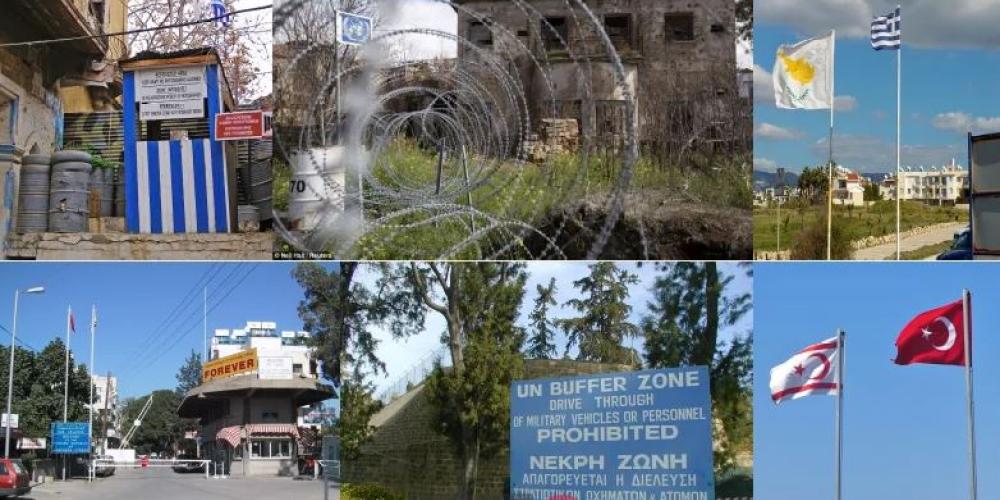
Method plants seeds of peace and democracy among youth in divided Cyprus
VUB researcher Dr. Derya Yüksek has developed a method to transform conflicts, by using participatory community media practices to unite young people of Cyprus, a still deeply divided island with a violent past. Dr. Derya Yüksek: "In a worldwide tendency to relapse back to politics of antagonism and aggression, we need processes and models that can constructively deal with the diverse make-up of our societies, and the conflicts this brings. We need tools to prevent conflicts from taking violent forms -be it hate speech, structural discrimination, physical violence, or war. The participatory-democratic communication model is an effective tool for such transformation."
In scope of this study, Yüksek, sponsored by the FWO Flanders research as part of the VUB’s Cyprus Community Media Research Programme supervised by Prof. Nico Carpentier, organised a research intervention involving a series of community media training and production workshops. The workshops brought together Greek Cypriot and Turkish Cypriot school youth to collectively produce community media content. The research data, gathered through an ethnography of the workshops with 3 mixed production groups of total 24 teenagers, followed by participant interviews and a reception study of the workshop’s multimedia outputs, were then analysed using qualitative methods.
“Media-making is an interesting topic for youth, so it increases the willingness and motivation from young people to join the workshops, despite the odds. And the odds are very vivid, because education and mainstream media systems on both sides of Cyprus still propagate strong images of the others being enemies. Once participating, the community media production the youngsters, working together in a setting of co-decision, were thus enabled to view, and relate with, each other as team-mates and collaborators -rather than enemies”, Yüksek notes.
These participatory practices supported conflict transformation by fostering critical thinking, free self-expression and collaborative action on shared grounds. Yüksek: “The collectively produced community media outputs further enabled the youth to voice their ideas and perspectives on a variety of issues, facilitating thus their democratic participation, and extending the scope of conflict transformations to involve the audience.”
Yüksek sees the method, giving young people a voice that is actually heard in their own community, as a powerful asset to resolve long lasting conflicts: “While the political leaders pursue an aggressive race for energy resources in the region, the youngsters’ productions advocate care and bicommunal action for the environment -something they share regardless of their ethnic backgrounds. When it comes to the Cyprus conflict, they also question why the 50 year-old peace process has not yet produced a result, despite the mediation of international civil society and the UN, and why the young people from the two communities are still hostile towards each other.”
Yüksek’s PhD thesis titled "Transformations of Antagonism Into Agonism: Community Media as a Participatory Contact Zone for Youth in the Divided Cyprus", presenting the research and its findings, was successfully defended at the VUB on 12th of October.